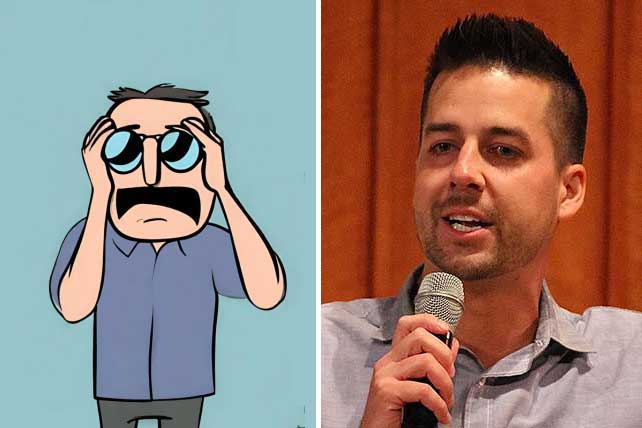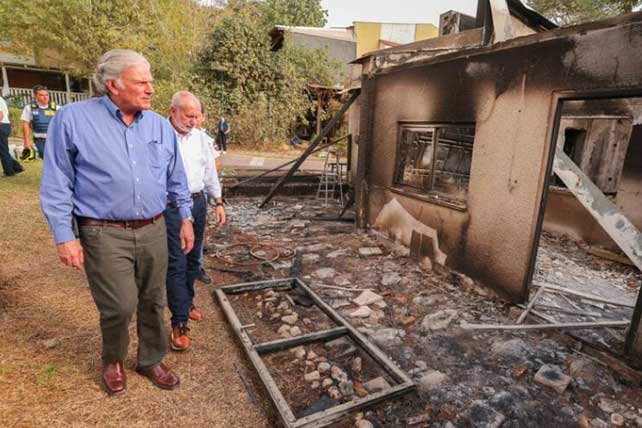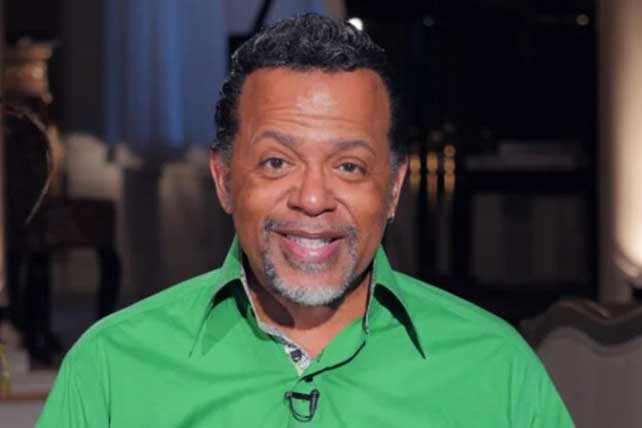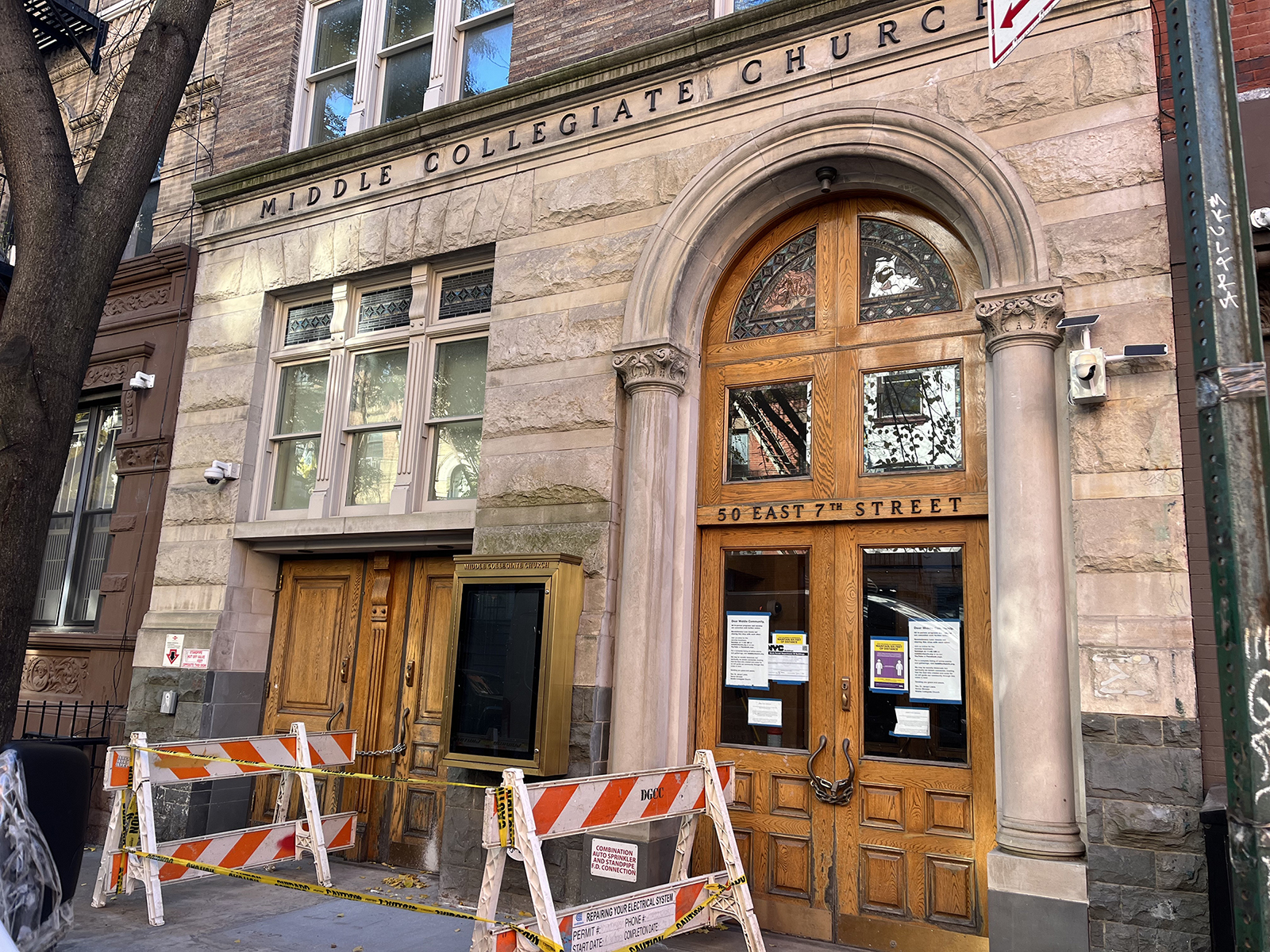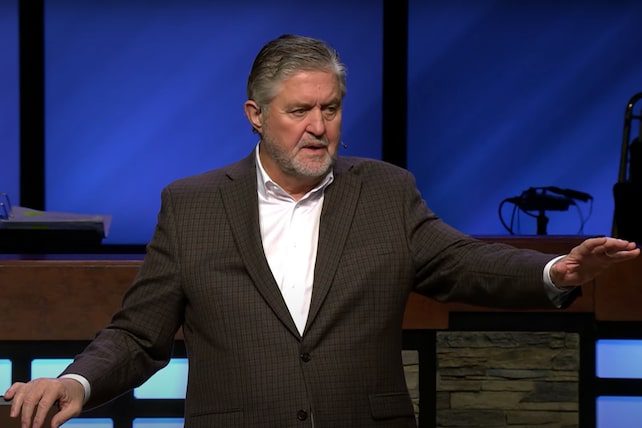Does your current ministry model seem clear? Strategic? Intentional? A clear, strategic, and intentional approach to ministry isn’t unholy. The opposite, in fact. Contributing to the Great Commission doesn’t happen by accident. The more intentional we are in ministry, the better we position our church and ministry for God to work through it.
Here’s the problem: you might not see your church model for what it is any longer. We typically better understand the things we create. Perhaps your approach to ministry was highly intentional when you launched or took over the church or ministry. Your strategy didn’t grow complex or unruly as your ministry grew and evolved. After all, the additions were small and incremental. One Elder’s requested a pet project. A lady in the church offered to lead something new. A community concern arose, and you met the need with a program.
Sure, you’re doing more now than you did when you launched. The church is more complex today than in the past. But that’s supposed to happen. You’re doing more to accomplish more.
But busy doesn’t mean production. Activity doesn’t equal productivity. Adding more doesn’t mean you’re accomplishing more.
One Key Question About Your Approach to Ministry
Here’s a question you must answer: If an outsider saw your ministry model, would it appear intentionally designed to move people along a discipleship journey? Outside perspectives are invaluable. Outsiders have fresh eyes. They aren’t seeing your ministry model as a creator or through dozens of incremental additions. They see it for what it is, not what you perceive it to be. To better see your approach to ministry accurately, you have two options:
- Bring in an outside perspective.
- Think like an outsider.
The first option is typically better yet more expensive. Running with the second option means implementing a process to see yourself and your church more accurately.
You can contact some great people and organizations for option 1 (including me, but I’m biased). If you want to see your ministry model anew via option 2, try this:
1. Define your simplified mission.
You can’t evaluate success until you define the target. Full buildings aren’t the goal. Paying bills is not the target. Getting people “back” to your church is not why you’re passionate about your church.
Your mission is your aim, but your mission statement may be too complex to serve as the target. I love challenging my clients to reduce their mission statement to eight words or less.
For example, a friend and client of mine leads a church with this mission statement: We exist to show God’s love in such a way that people would exchange ordinary living for an extraordinary life through the transforming power of Jesus Christ.
That’s a well-crafted statement, but it’s also long and multifaceted. Is success showing God’s love? Is the goal to engage the transforming power of Jesus Christ? Both of those statements represent more strategy than the mission.
When we worked on simplifying their mission to define success, we reduced it to “people exchanging ordinary living for an extraordinary life.” Eight words exactly. Not that God’s love and the transforming power aren’t necessary, but what’s the ultimate measure of success? The exchange of life.
Give it a try. Go through this exercise with your mission statement. What’s the irrefutable minimum of your mission?
2. Put it all on the table.
Or whiteboard. To completely see your church and ministry model, make a list of everything you do. And I mean everything. Grab a whiteboard or flip chart and start writing it down. List it all out as granularly as you can. Don’t just write “Men’s ministry.” Use that as a category and list everything that happens within each category.
Once you are every single thing written down, you are ready to begin evaluating your model (or lack of model).
3. Arrange your list into a discipleship journey.
Your next step is to consider how a person in your community living far from God and church will engage with your church and move through a journey to discover Jesus and grow in Christlikeness. Look at your list and arrange every program by the intended participant. If you’ve never considered this method, use the following people categories:
-
- Stranger: The people in your community living outside of a faith relationship with Jesus and outside of a church connection are strangers. They may be entirely unchurched or now de-churched.
- Friend: These people in your community know about your church and mostly like what they’ve seen and heard, but they have not engaged in person or online. They wouldn’t claim your church as their church. But they are open to your church. They most likely like a person who attends your church, though.
- Infrequent Attendee: These people claim your church as their church, but you rarely see them in-person or online. They may show up occasionally. They may follow you on Instagram. They might even comment on your Facebook post or listen to your podcast from time to time. But they aren’t involved.
- Frequent Attendee: Now we are getting to your church people. This group makes up your broader church family. They are usually known by someone at your church and know your church. They participate on some level, but they aren’t necessarily all in. However, if stopped at the grocery store, they’d openly claim you as their church home.
- Engaged Attendee: Stepping it up, the Engaged Attendee contributes to the mission. They’re most likely in a group, serving on a team, and/or generous to the mission.
- Evangelist: The last group is your raving fans. They are engaged in the mission and invite everyone they know to experience their church, not your church. They act like owners because they feel ownership. Your church most likely transformed an aspect of their life, and they are grateful enough to share their story within their sphere of influence.
Take this list and place everything you do within one of these target people categories.
4. Ask the hard questions.
You’re probably slightly shocked and saddened if you’ve made it this far. Shocked that your church is doing so much. Saddened that your church has significant gaps along the discipleship journey.
Ask these four critical questions about your approach to ministry:
-
- What’s working?
- What’s not working?
- What’s missing?
- What’s confusing?
Answer these questions only against the mission AND the target people categories. It doesn’t matter how many people attended or how many positive comments were received. The simplified mission plus the intended person is your benchmark for success.
5. Make some tough decisions.
Honest answers to the four critical questions will reveal much. You’ll need to remove some programs from your model. Others will require adjustments to best fit the target customer and fulfill the mission. There will no doubt be gaps in your discipleship journey. There will be confusion if steps along the journey aren’t easy, obvious, and intentional.
6. Design a ministry model of movement.
With the first five steps accomplished, you’re ready to devise a new, better ministry model that is intentional and designed with your community in mind. Think of your model as a moving sidewalk. You want a discipleship pathway that allows people to jump on the sidewalk when they are ready, where they are ready, and move in one direction towards Jesus. That is our goal. That’s what our ministry model should accomplish.
Concluding Thoughts on a Strategic Approach to Ministry
Be Intentional: An intentional approach to ministry only happens when we are intentional in our evaluation and design. No church accidentally creates disciples. The act of evangelism and discipleship is a deliberate process that demands an intentional ministry design.
Think Movement: Build your model with movement as the win. Where is each step moving people? How are people entering the step, experiencing it, and exiting it to take their best next step? In a discipleship pathway, movement matters.
Ask or Help: You alone may not see your church model with fresh eyes. This is especially true if you created it or have been in your position for years. It’s hard to see your church with new eyes when we’ve been around a while. You may have other staff or volunteers who can help you better evaluate. You can invite an outside expert into the conversation. Whatever you do, don’t evaluate alone.
This article on a strategic approach to ministry originally appeared here, and is used by permission.


